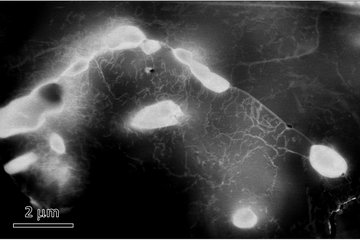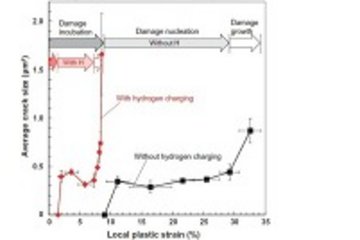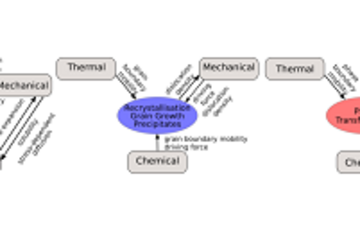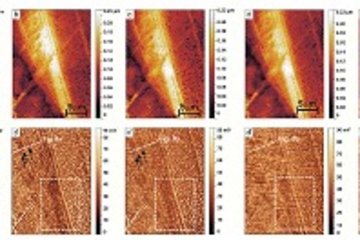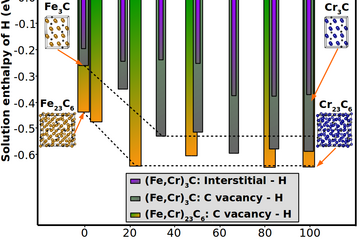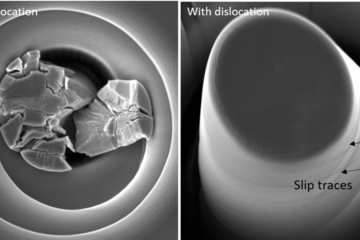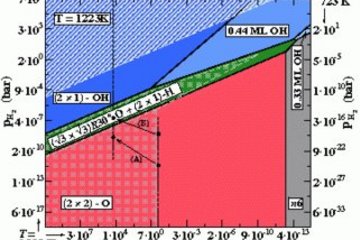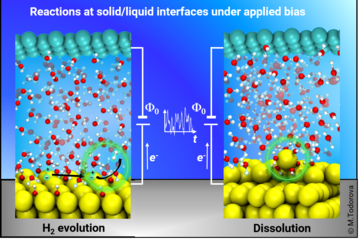All genres
301.
Poster
Dislocation motion in bi-crystals with a specific grain boundary orientation studied by in situ SEM and in situ µLaue diffraction. Seminar: Thin Film & Small Scale Mechanical Behavior Gordon Research , Waltham, MA, USA (2014)
302.
Poster
Improving lead-free solders by resolving mechanical properties at the microstructure length scale. Thin Film & Small Scale Mechanical Behavior 2014, Gordon Research Conference, Waltham, MA, USA (2014)
303.
Poster
Fracture behavior of gradient PtNiAl bond coats at the micron-scale using in-situ microbeam bend studies. 13th European Nanomechanical User Group Meeting, Oxford, UK (2013)
304.
Poster
Deformation behavior of thin Cu/Cr films on polyimide. Small Scale Plasticity School, Cargèse, Corsica, France (2013)
305.
Poster
Adhesion behavior of Cu–Cr thin films on polyimide substrate. ECI Conference "Nano- and Micro-Mechanical Testing in Materials Research and Development IV", Olhão, Portugal (2013)
306.
Poster
Adhesion Behavior of Cu–Cr Thin Films on Polyimide Substrate. TMS 2013: 142nd Annual Meeting & Exhibition, San Antonio, TX, USA (2013)
307.
Poster
In-situ fracture study of thin Cu films on polyimide substrate. GDRi MECANO General Meeting 2012, Ecole de Mines, Paris, France (2012)
308.
Thesis - PhD
Dislocation transmission through coherent and incoherent twin boundaries in copper at the micron scale. Dissertation, Ruhr University Bochum (2024)
309.
Thesis - PhD
Phase identification and micromechanical characterization of an advanced high-strength low-alloy steel. Dissertation, Ruhr-Universität Bochum (2023)
310.
Thesis - PhD
On the damage initiation in dual phase steels: Quantitative insights from in situ micromechanics. Dissertation, Ruhr-Universität Bochum (2021)
311.
Thesis - PhD
Probing dislocation nucleation in grains and at Ʃ3 twin boundaries of Cu alloys by nanoindentation. Dissertation, Ruhr-Universität Bochum (2020)
312.
Thesis - Habilitation
Dislocation Slip Transfer Mechanism: Quantitative Insights from in situ Micromechanical Testing. Habilitation, Montanuniversität Leoben, Austria (2018)
313.
Thesis - Diploma
Thermische Ermüdung eines CrN. Diploma, Montanuniversität Leoben, Leoben (2008)
314.
Other
Nanobrücken 2020: A Nanomechanical Testing Conference (Organization). (2020)
315.
Other
An in-situ high-energy X-ray diffraction study on the hot-deformation behavior of a b-phase containing TiAl alloy, Intermetallics 39, pp. 25 - 33 (2013)
316.
Other
Expected and unexpected plastic behavior at the micron scale: An in situ µLaue tensile study, Acta Materialia 60, pp. 1252 - 1258 (2012)




